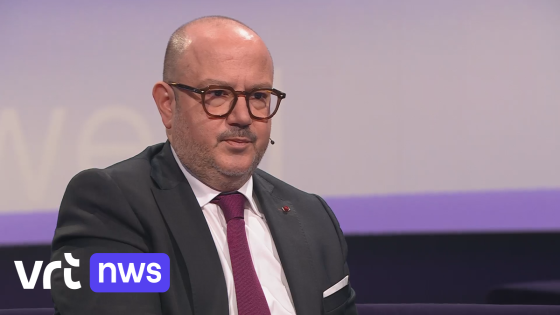The recent announcement by Esther Niubó, the Education Minister of Spain, about reviewing screen usage in classrooms is generating significant buzz. On February 6, 2025, Niubó revealed plans to assess the impact of technology on students and suggested extending the mobile phone ban in secondary schools. But is this enough to address the rising academic struggles and mental health issues among students?
- Review of screen usage in education proposed
- Commission to evaluate technology's impact
- Mobile phone ban extension in secondary schools
- Shift towards traditional learning methods suggested
- Importance of reading and writing emphasized
- Memory exercises highlighted for concentration improvement
Spain’s Education Minister Proposes Review of Technology in Classrooms
Could reducing screen time improve student outcomes? Niubó’s push for a comprehensive evaluation of digital tools in education highlights a growing concern among educators and health professionals. The focus is on understanding how technology affects learning and well-being.
Understanding the Impact of Technology on Learning and Mental Health
As technology becomes more integrated into education, the debate intensifies. Experts are advocating for a return to traditional learning methods, emphasizing the importance of books and handwritten notes. This shift could help improve reading comprehension and oral expression.
- Growing concerns about academic performance linked to technology use.
- Increased mental health issues among students attributed to screen time.
- Calls for a balance between digital tools and traditional learning methods.
- Potential benefits of handwritten notes for memory and concentration.
The Case for Traditional Learning Methods in Education
Why is there a push for traditional learning? Many educators believe that returning to textbooks and writing by hand can enhance students’ understanding and retention of information. In a world dominated by screens, could the tactile experience of paper be the key to better learning outcomes?
Addressing Mental Health Concerns in the Digital Age
How does screen time affect students’ mental health? Research suggests that excessive use of devices can lead to anxiety and decreased attention spans. By limiting screen exposure, schools might foster a healthier environment for learning and personal growth.
Future of Education: Balancing Technology and Traditional Methods
What does the future hold for education? As Spain evaluates its digital approach, other countries, including the U.S., may follow suit. Striking a balance between innovative technology and proven teaching methods could redefine learning for generations to come.
































